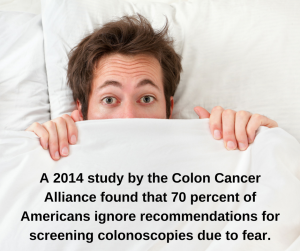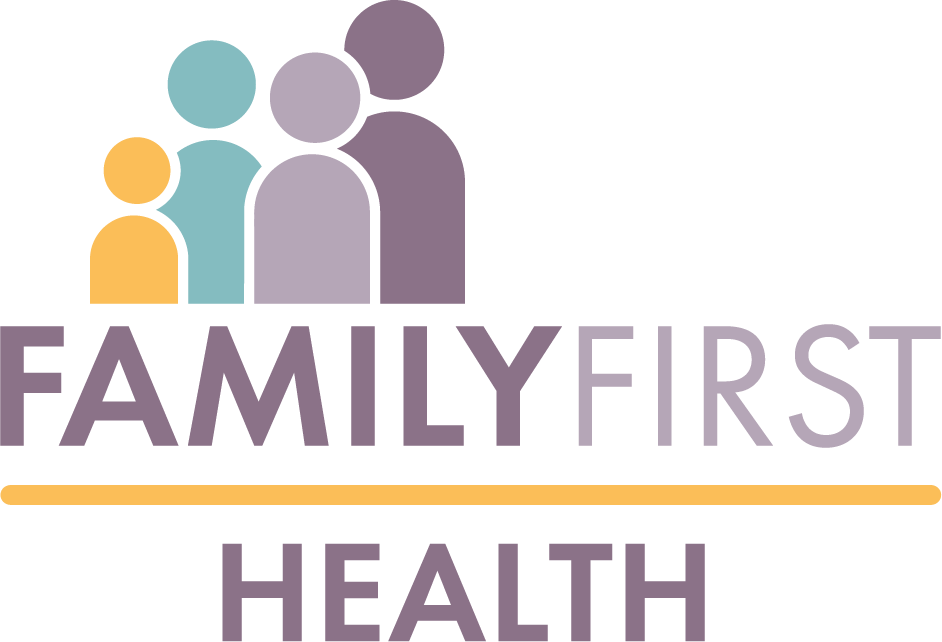I come from a family with poor bowels. We are crampy, we are poopers, we are farters, and we always, ALWAYS know where the bathroom is in any given location. Earlier in the month, I wrote about my grandfather who died due to his colorectal cancer diagnosis, so the first time I visited gastroenterology I automatically knew that a colonoscopy was in my future. Colorectal cancer is the third most common form of cancer but it is also one of the most preventable, and colonoscopy is a great screening tool for colorectal cancer. I probably had the same kind of fear most people do going into this situation. Will I have to be awake? What will the prep be like? Is it going to hurt? How big is that tube that you are going to put in my…oh jeeze.

In 2012, a study was conducted on the experience of anxiety in colonoscopy patients who have never been through the procedure before. A number of things came out of the findings regarding the root of the anxiety, including stigma, embarrassment, stress, irrational expectations, and lack of control. Of course, every person has a slightly different experience but I am here to tell you that it was not scary, or painful, or embarrassing. The medical staff that took care of me understood that this was a new and strange experience for me and they put me totally at ease.
Family First Health Director of Quality and Compliance, Brittany Hanchett shared, “Colorectal cancer screening is an essential preventative health service that can help to prevent long-term adverse effects for our patients. It is part of an ongoing effort to help provide health-related education to our patients, as well as walk the path with them towards meeting their overall health goals.” If you feel like a colonoscopy is not a good option for you, there are additional options for screening. High-sensitivity fecal occult blood tests (FOBT) require stool sample collection by the patient using a kit, and the samples are returned to your medical provider. With Sigmoidoscopy, a tube is used, similar to the colonoscopy, and air is pumped into the colon to expand it and see it more clearly. In some areas, virtual colonoscopy in an option where patients can be scanned and the colon seen visually.
There are positives and negatives to each of these screenings, but the best thing to do is start the conversation so you can get screened for colorectal cancer in a way that works for you. If you are anxious, scared, or have questions, the best thing to do is to ask your medical provider. Your mental health is just as important as your physical health, and your provider needs to be aware if you are at all nervous about this, or any, procedure.
Learn more about all of the different colorectal cancer screening options.
Shannon L. McElroy, Marketing and Outreach Coordinator
